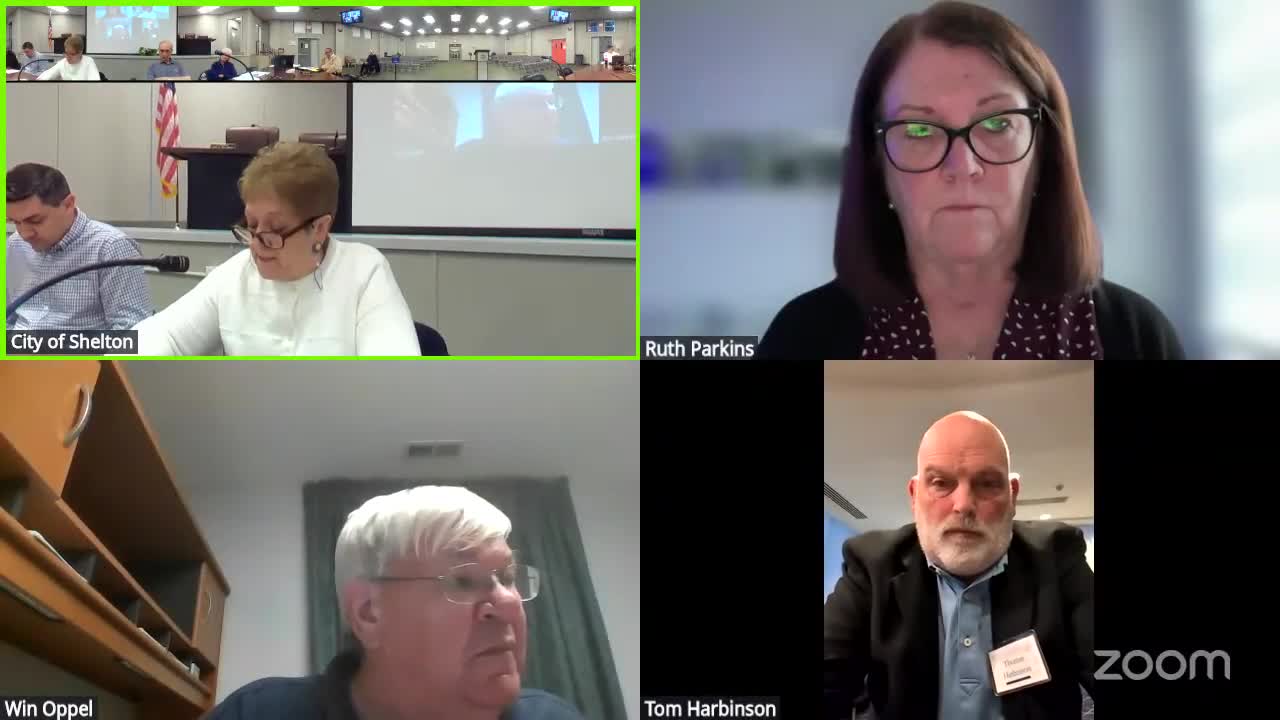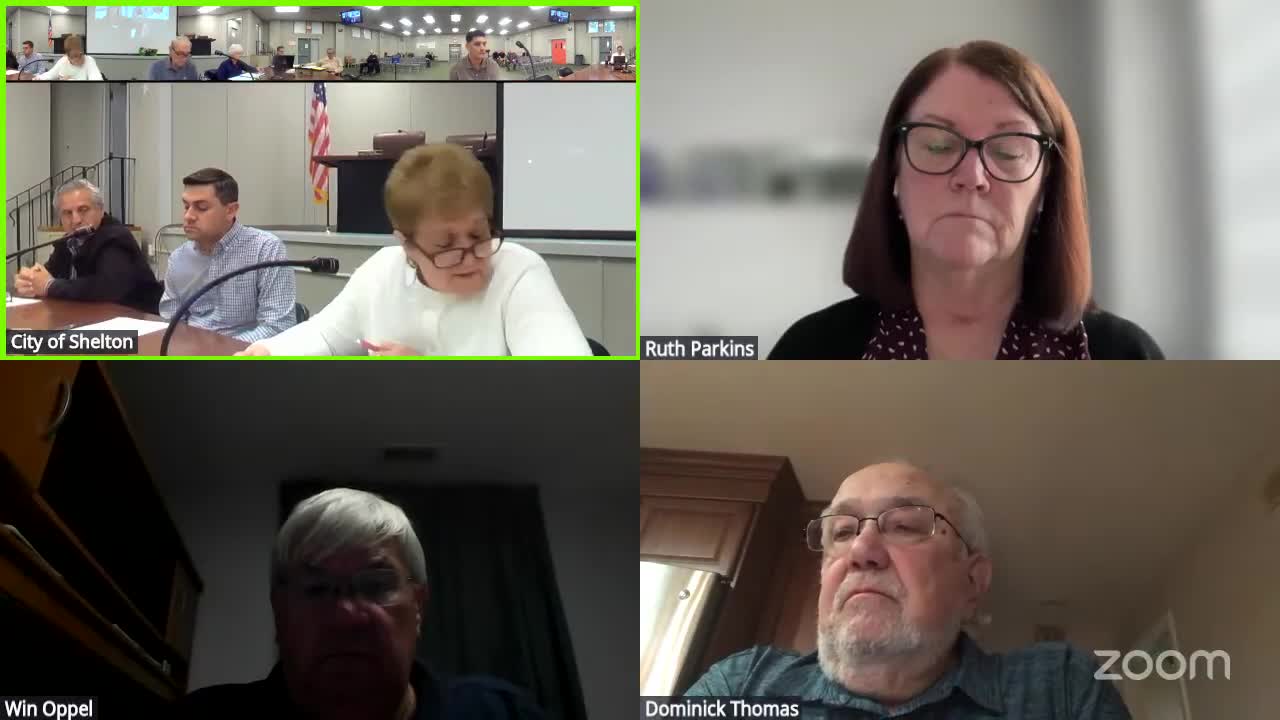Article not found
This article is no longer available. But don't worry—we've gathered other articles that discuss the same topic.

Votes at a glance: sign approvals, business occupancy approvals, denials and withdrawals

Commission OKs Fountain Square concept for 100 apartments with 20 affordable units; public hearing to follow

Cease-and-desist issued after large clearing near Wells Hollow Brook; commission, conservation officials press for erosion controls

